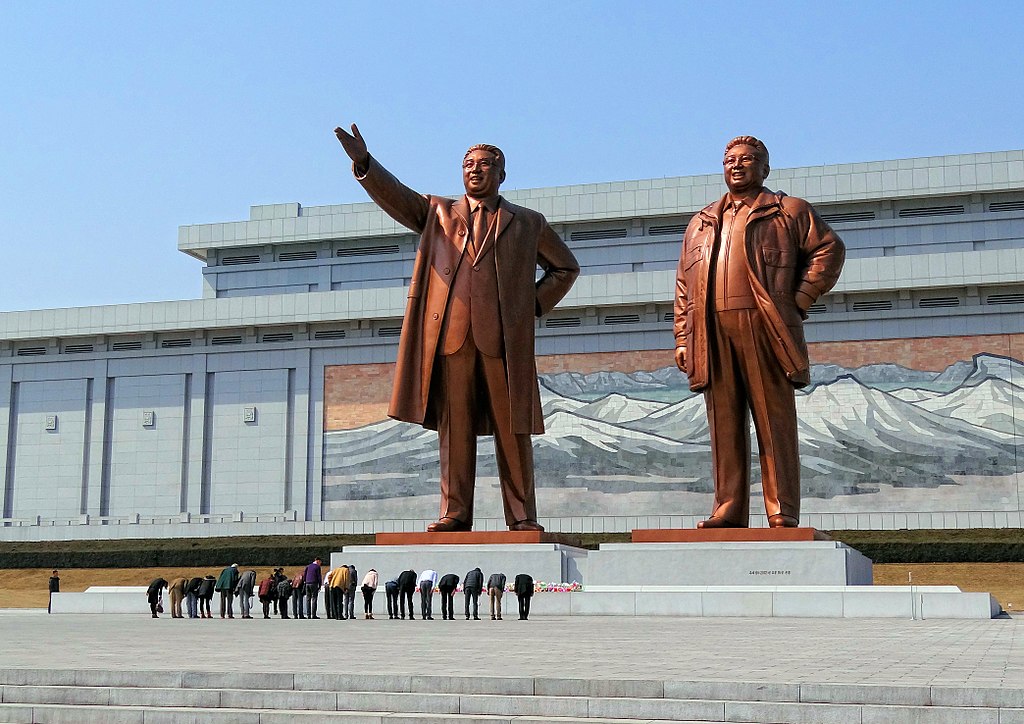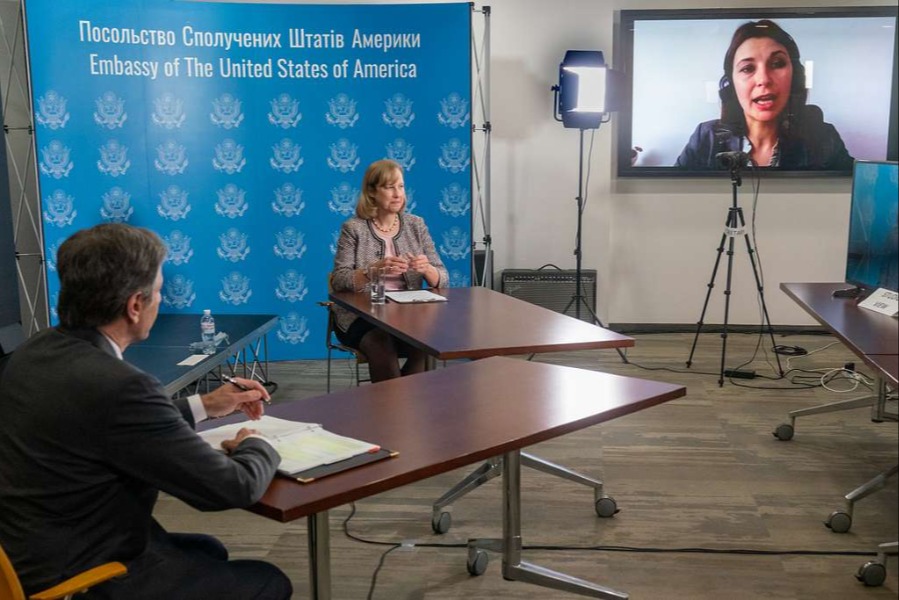Published by The Lawfare Institute
in Cooperation With

This post is the first of three essays on addressing the crisis with North Korea. Read parts two and three.
In its Oct. 3, 2017, issue, Time magazine published two essays of mine proposing a new approach to the North Korean nuclear crisis. A short version appeared in the magazine and a longer, supporting version appeared online. Very briefly, the argument of those two papers was as follows:
Our Current Approach Is Failing
Our current approach to the North Korea problem is a combination of both kinetic and diplomatic threats occasionally alternating with the offer of incentives. This approach cannot succeed. There is nothing the U.S. can do to North Korea that will lead to its renunciation of its nuclear weapons program. North Korea—even before it has developed the capability to strike the U.S. homeland with nuclear weapons—already poses an unacceptable risk of retaliation against our allies in response to an American military intervention. Moreover, there is nothing the U.S. can do for North Korea that might induce it to denuclearize because the Kim regime is convinced that, for domestic reasons, the country can only be assured of remaining in power by keeping its country on a war footing against the United States. Finally, there is nothing the international community, including China, can do to North Korea in the way of greater sanctions, or for North Korea by abating sanctions. Neither action could possibly persuade the Kim regime to give up its nuclear weapons because the regime has concluded that only its threats to others have preserved it thus far.
The failure to achieve a denuclearized Korean peninsula would be a serious defeat for U.S. policy. North Korean nuclear capability would deter the U.S. from protecting its regional allies were they threatened, extorted, or attacked by North Korea. This result would risk a dissolution of the American northern Pacific alliance and in the unraveling of our strategic position in Asia. This is emphatically not the situation we faced in Europe when two superpowers confronted each other at the head of multistate alliance systems, NATO and the Warsaw Pact. North Korea is not the Soviet Union, and its history of risk-taking and bizarre regional predations is unique among contemporary states. Moreover, our current policy of pressuring China to pressure North Korea not only makes us look weak in the region, it would not even—were it successful—really help China, who has every incentive to prolong our role as supplicant.
Nuclear Guarantee: An Alternative Approach
There is, however, an available strategy that has not been considered and may promise success: a nuclear guarantee for the North Korean regime from China. If China were to give a credible nuclear guarantee to North Korea in the case of a U.S. invasion or preemptive strike against Pyongyang, there would be little point in North Korea risking the survival of its regime by developing long-range nuclear weapons. Such a policy should not be confused with the current mutual defense pact between North Korea and China, one cornerstone of which is China’s no-first-use policy. From Kim’s point of view, there is much security to be gained by such a guarantee of deterrence against the U.S. and much security to be lost if North Korea continues its present course when further technological revolutions in the U.S. render the North Korean arsenal ever more vulnerable. Our aim must be to reorient Kim Jong Un’s paranoia, making him more afraid of losing a unique opportunity for security in the eyes of his own people than he is afraid of dependence on China.
No one in Washington will take this radical proposal seriously until we stop kidding ourselves about the incentives we can realistically employ to compel compliance from North Korea. Nothing short of an ironclad guarantee of the regime’s preservation will modify its behavior. Kim will starve his own people and run incalculable risk because he believes he has no other credible choice. And no guarantee that the U.S. gives is credible to the North Korean leadership. The course of action I am proposing is not without risks: It could increase the chance of a Chinese-U.S. confrontation, and would link Chinese nuclear strategy to a surrogate that is unpredictable and appears to relish conflict. Nevertheless, it is a more promising option than those currently being canvassed. At present, we are dangerously drifting, in part because everyone thinks that every avenue has been explored.
Since the Time magazine essays were published, some have contended that, while this idea is better than what’s on the table, Pyongyang would never accept it, and even if they were inclined to accept such a guarantee, the Chinese would never offer it. I will address these arguments in Lawfare over the next few days.






